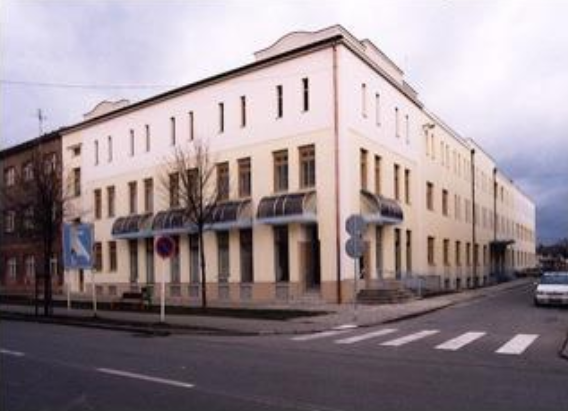Basic Features of the Archival Holdings on the History of the House of Liechtenstein
Most of the materials relating to the history of the House of Liechtenstein can be found in the archive of the Prostějov town archives. In 1599, Karl of Liechtenstein bought the over-indebted manor of Plumenau from the creditors of the Lords of Pernstein. The town of Prostějov contributed the sum of 27,000 fl. in the hope that, in the possession of this rich noble family, it would no longer be burdened with liability for official debts, as was the case under the House of Pernstein. Karel of Liechtenstein did indeed relieve the town of this obligation in 1600, but his conversion to Catholicism in 1599 exposed the protestant town to other dangers, and became fully apparent in the following years. After the defeat at White Mountain, Prostějov was affected by a violent re-Catholicization, which was enforced very harshly with economic and military sanctions and constant encroachments on the town's rights. For example, in 1612, Karel of Liechtenstein abolished the possibility of appealing to the higher court in Olomouc and ordered the citizens of Prostějov to turn to his office in Valtice. He reserved the right to confirm death sentences and stipulated that the town should also take legal instructions from Valtice. In Prostějov, he established the office of princely reeve, who was the town's most important figure. Liechtenstein policy also interfered with the rights of rulers. He reserved the right to confirm death sentences and stipulated that the town should enforce the Feldsberg legal instruction. He established the function of a princely judge in Prostějov, who was the town's first personage. Liechtenstein politics also interfered with the rights of monarchs. In 1685, Jan Adam of Liechtenstein granted the town the right to hold another annual market and a horse and cattle market. The Czech court office therefore brought a tax lawsuit against the Liechtensteins between 1687 and 1737 for interfering with the rights of the monarch.
Another collection that can be used for research into the history of the House of Liechtenstein is the Plumlov town archive. The most valuable document in this fund is the charter of Karel of Liechtenstein from 1600, which recognizes Plumlov's former privileges. The records up to 1850 mainly concern the town's relationship with the authorities.
The archives of the municipalities that belonged to the Plumlov estate, as well as the holdings of the political and judicial administration funds, such as the Prostějov District Office, can also be used in passing.
Overview of Holdings Related to the House of Liechtenstein
Archive města Prostějov [Archive of the town of Prossnitz]
Archive městečka Plumlov [Archive of the town of Plumenau]
Okresní úřad Prostějov [Prostějov District Office]
Contact details
State District Archives Prostějov
Třebízského 1
CZ-796 01 Prostějov
Tel. +420 582 301 511
E-Mail:
https://www.archives.cz/web/soka/prostejov
Literatur
Kühndel, Jan - Mathon, Jaroslav: Plumlovský zámek a jeho princeí architekt [Das Schloss Plumenau und sein Hofarchitekt]. Prostějov 1937.

